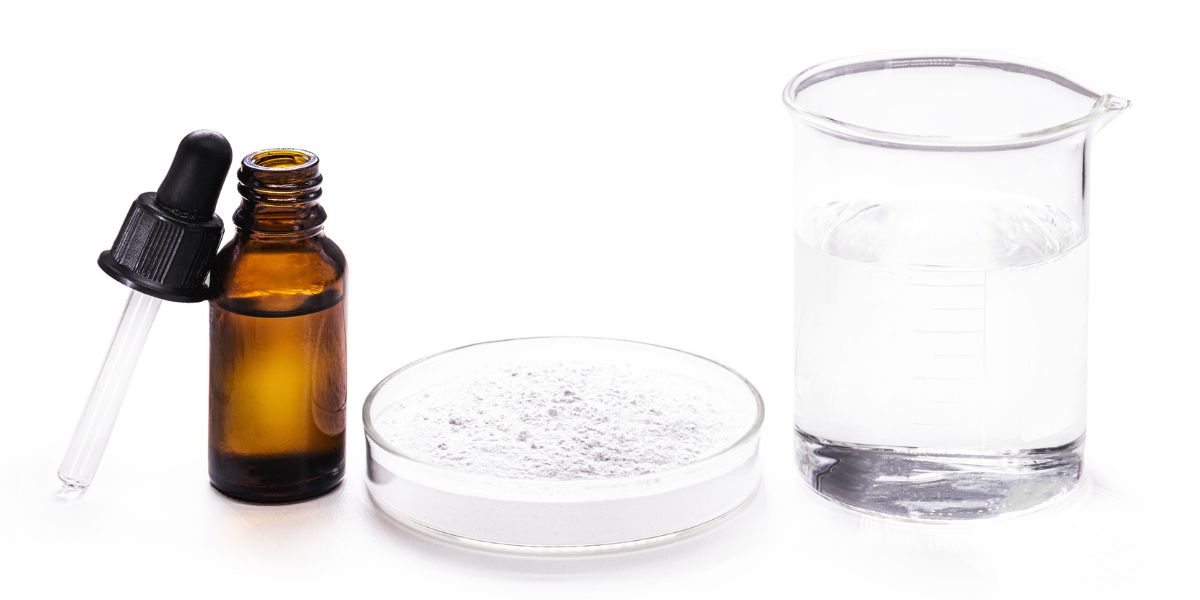PCP Addiction Effects and Withdrawal Symptoms


In the United States, around 6 million people, or 3% of the population, will try PCP at some point in their lives. These numbers are increasing as the drug becomes more popular again and PCP addiction commonness rises.
PCP can make people feel no pain and give them extra strength. These physical and distressing psychological impacts shed light on the 400% surge in emergency room visits related to PCP between 2005 and 2011.
Understanding the risks and effects of PCP addiction can help people recognize it and begin discussions with family about seeking assistance.
What Is PCP?
Phencyclidine, frequently referred to as PCP, is a recognized dissociative compound that incites hallucinations and aggressive conduct. While it falls under the category of a hallucinogenic drug, PCP induces a distinct state of simultaneous vigilance and tranquility, unlike other illicit drugs.
In the United States, PCP is classified as a Schedule II drug, indicating its high potential for addiction without any recognized medical benefits. It is available in white crystalline powder or a clear to yellowish liquid form with a distinctively bitter chemical flavor. Users may consume it by swallowing, snorting, smoking it alongside tobacco or cannabis, or through injection.
Street Names PCP
PCP, also known as phencyclidine, has been present since the 1960s, garnering numerous slang and street names.
The most frequently used street names for PCP are:
- Angel dust
- Rocket fuel
- Dust
- Tranq
- Animal tranquilizer
- Elephant tranquilizer
- Peace Pill
- Wet
- Embalming fluid
- Shermans
- Ozone
- Wack
- Amp
Facts About PCP
Data and insights on PCP usage are sourced from medical documents and the input of people participating in the National Survey on Drug Use and Health (NSDUH), an annual nationwide survey. The NSDUH, which is exclusively for research and educational objectives, allows public health institutions to understand drug usage habits and spot new trends.
Here are some key points regarding PCP:
- Initially developed in the 1950s for use as an anesthetic, its use was prohibited following the occurrence of hazardous side effects in patients
- Once its use in humans was stopped, it became widely used as a sedative for animals
- Nearly half of all emergency incidents involving PCP also involved other substances
- A significant portion of regular PCP users are males aged 25 and above
- Dealers often mix PCP with MDMA and cocaine, using it as an adulterant

Effects of PCP
The onset and duration of PCP effects vary based on the dosage and method of consumption, manifesting within five to sixty minutes. Typically, the euphoria persists for four to eight hours, yet people who ingest higher doses may experience effects up to 48 hours.
Given its status as an uncontrolled, illegal, and hazardous substance, the dosage and strength of PCP are erratic and uncertain. Each user’s reaction to PCP varies, influenced by their physical condition, mental state, and tolerance levels. A dose considered moderate for a seasoned user might be excessive for someone new and inexperienced.
The short-term effects of PCP at low to moderate doses can include:
- Elation
- Indifference towards all things and people
- Discomfort and agitation
- Elevated body temperature
- Fast breathing
- Increased blood pressure
- Higher heart rate
- Perspiration
- Impaired speech
- Focused staring or fixation on a single point
- Lack of coordination
- Reddening of the face and neck
- Lightheadedness
- A sense of detachment
- Restlessness
- Hallucinatory experiences
- A sensation of being invincible or possessing extraordinary strength
- Diminished pain perception
Long-term effects of PCP ingestion in high amounts can cause:
- Nausea
- Vomiting
- Impaired vision
- Profound confusion
- Deep-seated paranoia
- Memory loss
- Erratic behavior
- Mood swings
- Garbled speech
- Sensory delusions
- False beliefs
- Uncontrollable salivation
- Deteriorating balance
- Reduced blood pressure
- Slower heartbeat
- Decreased rate of breathing
- Urges toward violence or self-damage
- Direct harm to oneself
- Explosive and violent reactions
- Psychological breakdowns
- Convulsive episodes
- A lapse into unconsciousness
High doses of PCP inversely affect blood pressure, heart rate, and respiration compared to lower doses; its distinct makeup enables it to function both as a depressant and stimulant to the central nervous system, with the prevailing impacts varying according to the dosage administered.
People using PCP, especially those with concurrent mental health issues, are at a higher risk of experiencing profound alterations in perception. While not all users encounter adverse psychological effects, the risk of experiencing violent or suicidal ideation escalates with ongoing and increasing drug use.
Using PCP in combination with other illicit drugs, prescribed medications, or alcohol—a practice referred to as polysubstance abuse—can result in complex side effects, heightened risk of addiction, and dangerous withdrawal symptoms. Concurrent use of PCP with depressant substances like alcohol amplifies its sedative properties and escalates the risk of severe reactions that could culminate in a coma.
If you suspect someone is experiencing a PCP overdose or represents a threat to themselves or others, immediately dial 911.
PCP Addiction
PCP has a high addiction potential, leading rapidly to intense cravings and substance misuse. PCP withdrawal can be both physically and psychologically distressing and draining, prompting numerous users to continue their drug use to sidestep withdrawal sickness, notwithstanding the mental and physical health issues addiction may cause.
Indicators of PCP addiction include:
- Alterations in behavior and social networks
- Withdrawal and solitude
- Neglect of personal cleanliness
- Loss of weight
- Escalating health complications
- Disregard for personal and work-related duties
- Deterioration of mental health conditions
- Financial difficulties
- Encounters with legal problems
- Obsession with acquiring and consuming the drug
- Engaging in risky activities to obtain and use the substance
- Experiencing withdrawal signs and discomfort during abstinence
Many people struggling with addiction may be in denial or try to conceal their substance use problems through secrecy and deceit, making it crucial to recognize the signs of PCP addiction to help immediately.

PCP Withdrawal Symptoms
Symptoms of withdrawal from PCP addiction can start as early as eight hours following the last intake, with their severity dependent on the duration and intensity of the addiction, the presence of other substances that might also be causing withdrawal symptoms, and any existing concurrent disorders.
Common withdrawal symptoms from PCP include:
- Migraines
- Doubt and skepticism
- Intense craving for the substance
- Feelings of depression
- Anxiety
- Difficulty focusing
- Spasms in muscles
- Discomfort in joints and bones
- Insomnia
- Confusion
- Digestive disturbances, including loose stools
- Sensation of nausea
- Regurgitation
- Changes in pulse and blood pressure
- Seizures
- Witnessing illusions
- Violent or self-harming thoughts
Withdrawal can be as hazardous and erratic as the substance itself. Users are advised to consult healthcare professionals to explore medical detoxification and subsequent treatment options, ensuring the safest and most beneficial results.
Treatment for PCP Addiction at White Oak Recovery Center
If you or someone close to you is grappling with PCP addiction and other substance use disorders, White Oak Recovery Center provides a genuine chance to recover and take back control of your life.
Contact us today to discover more about your treatment possibilities. The journey towards recovery begins with just a phone call.

Am I covered for addiction treatment?
Your insurance may cover treatment. Call now for an entirely free and confidential assessment. Recovery starts with a phone call.

- Bey, Tareg & Patel, Anar, “Phencyclidine Intoxication and Adverse Effects: A Clinical and Pharmacological Review of an Illicit Drug.” Cal J Emerg Med., Feb. 2007.
- Mozayani, A., “Phencyclidine-Effects on Human Performance and Behavior.” Forensic Sci Rev., Jan. 2003.
- “PCP Fast Facts.” National Drug Intelligence Center.
- “Phencyclidine.” Drug Enforcement Administration, Apr. 2023.
Medical Disclaimer:







